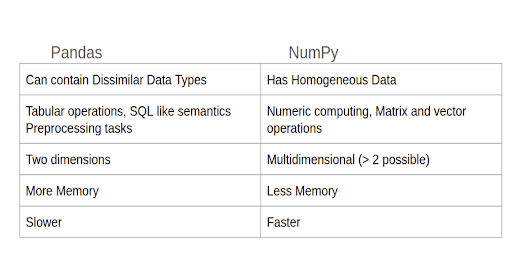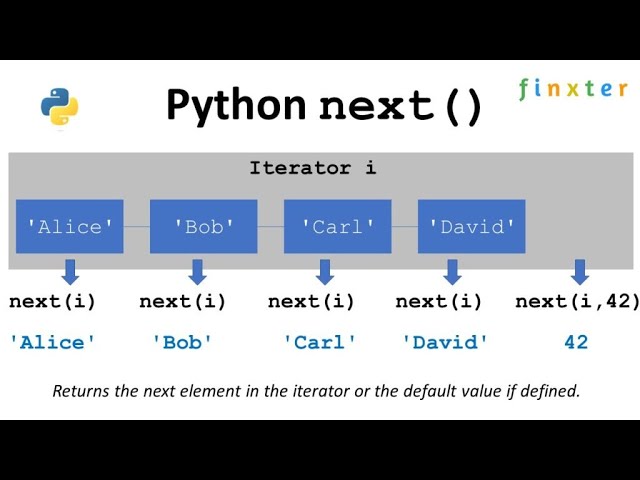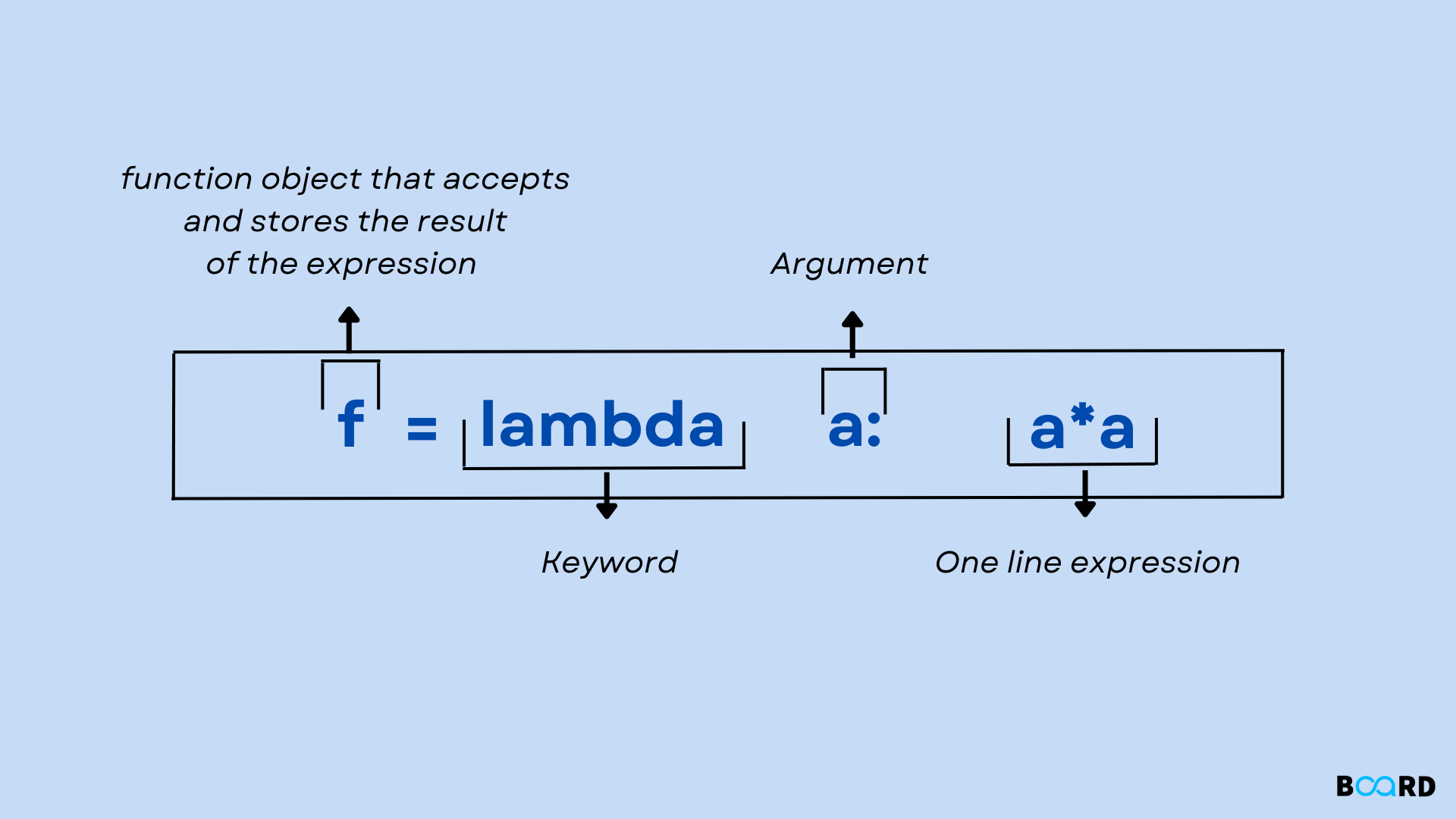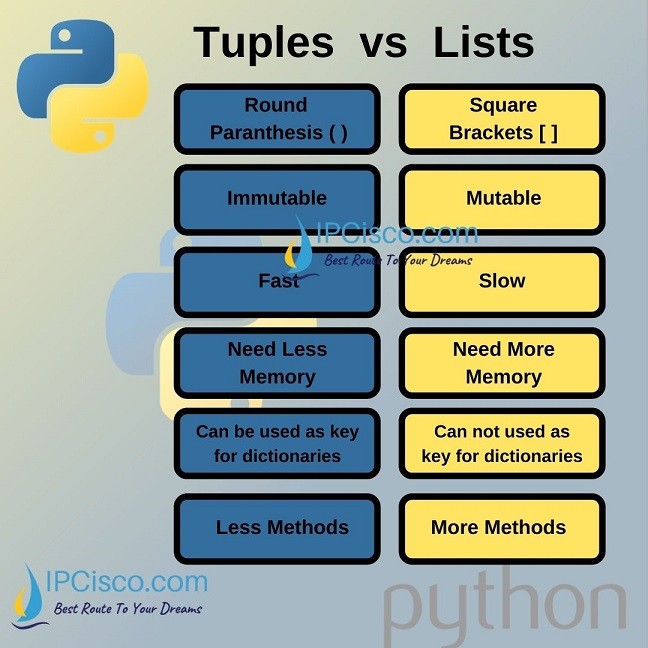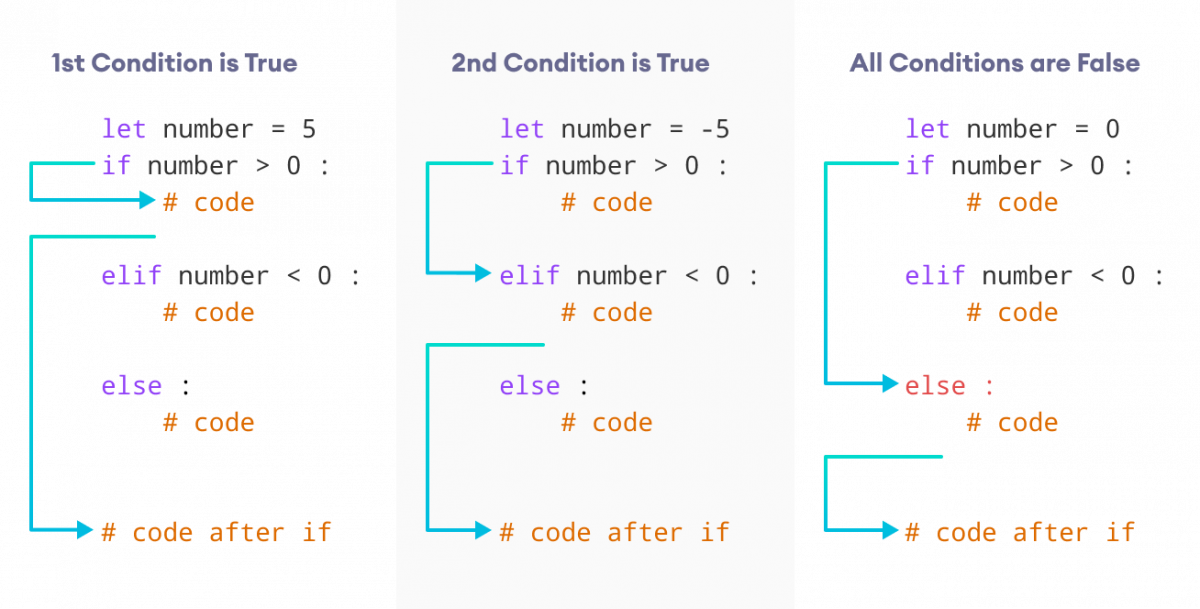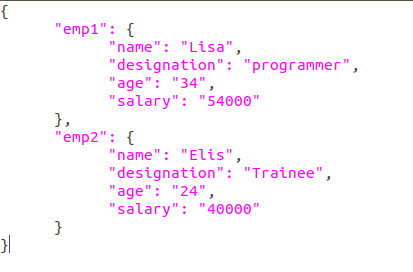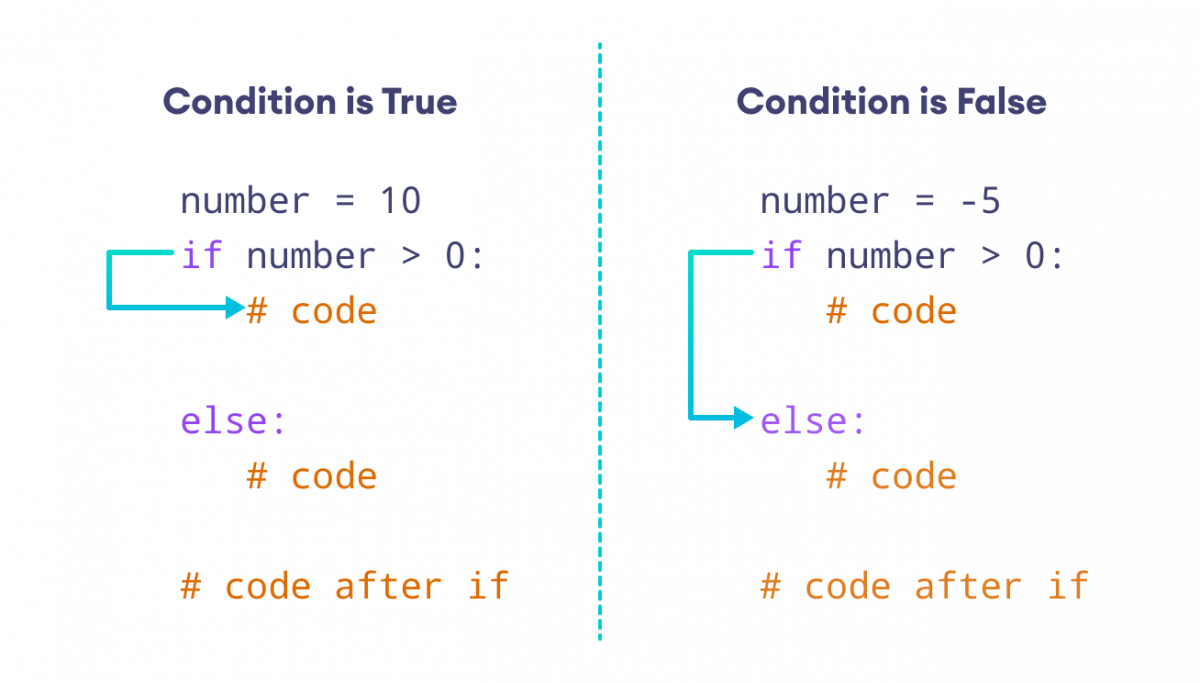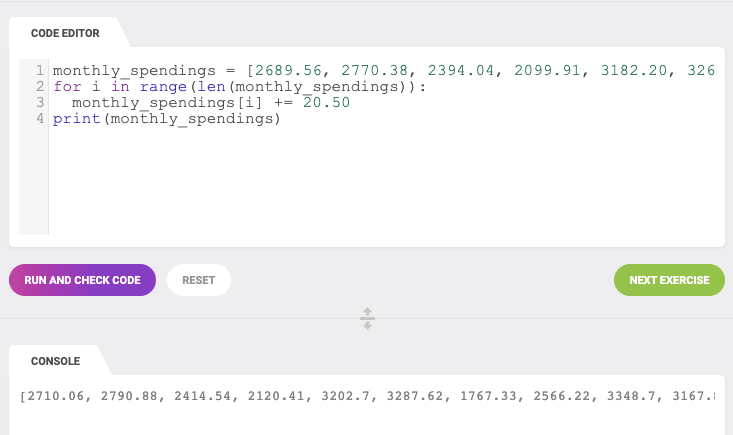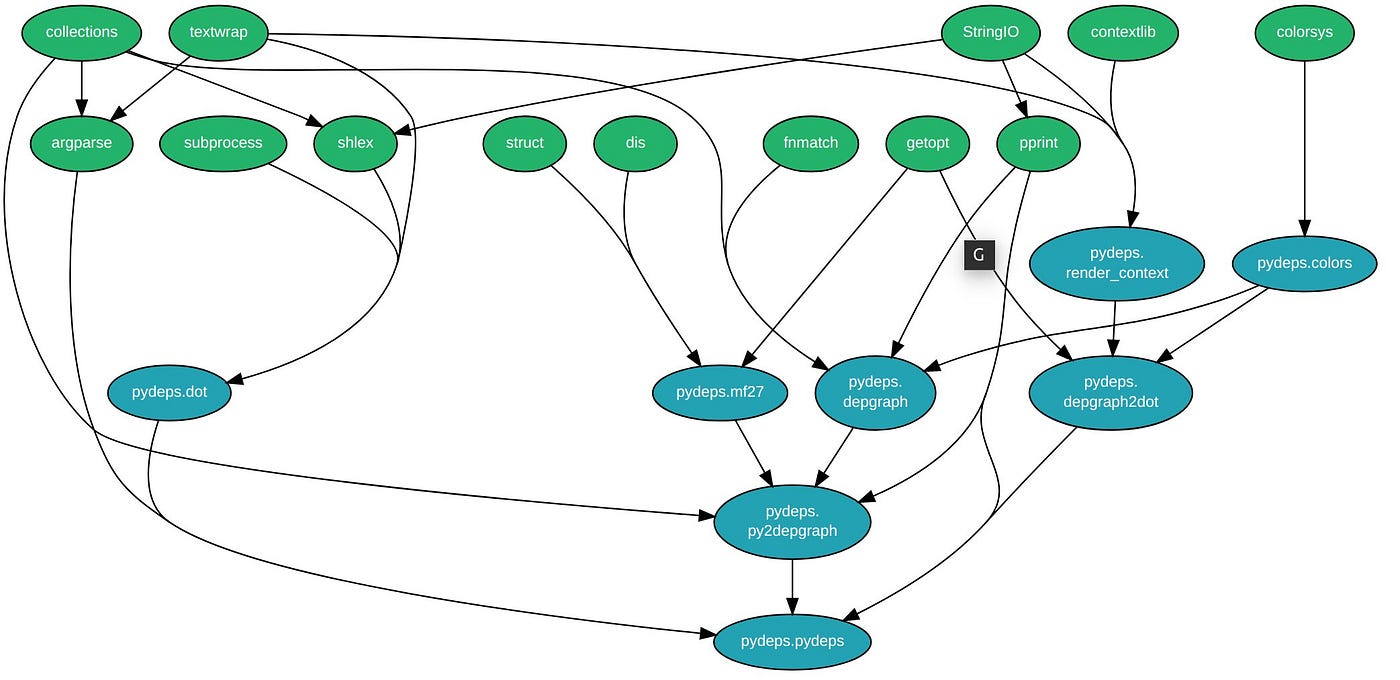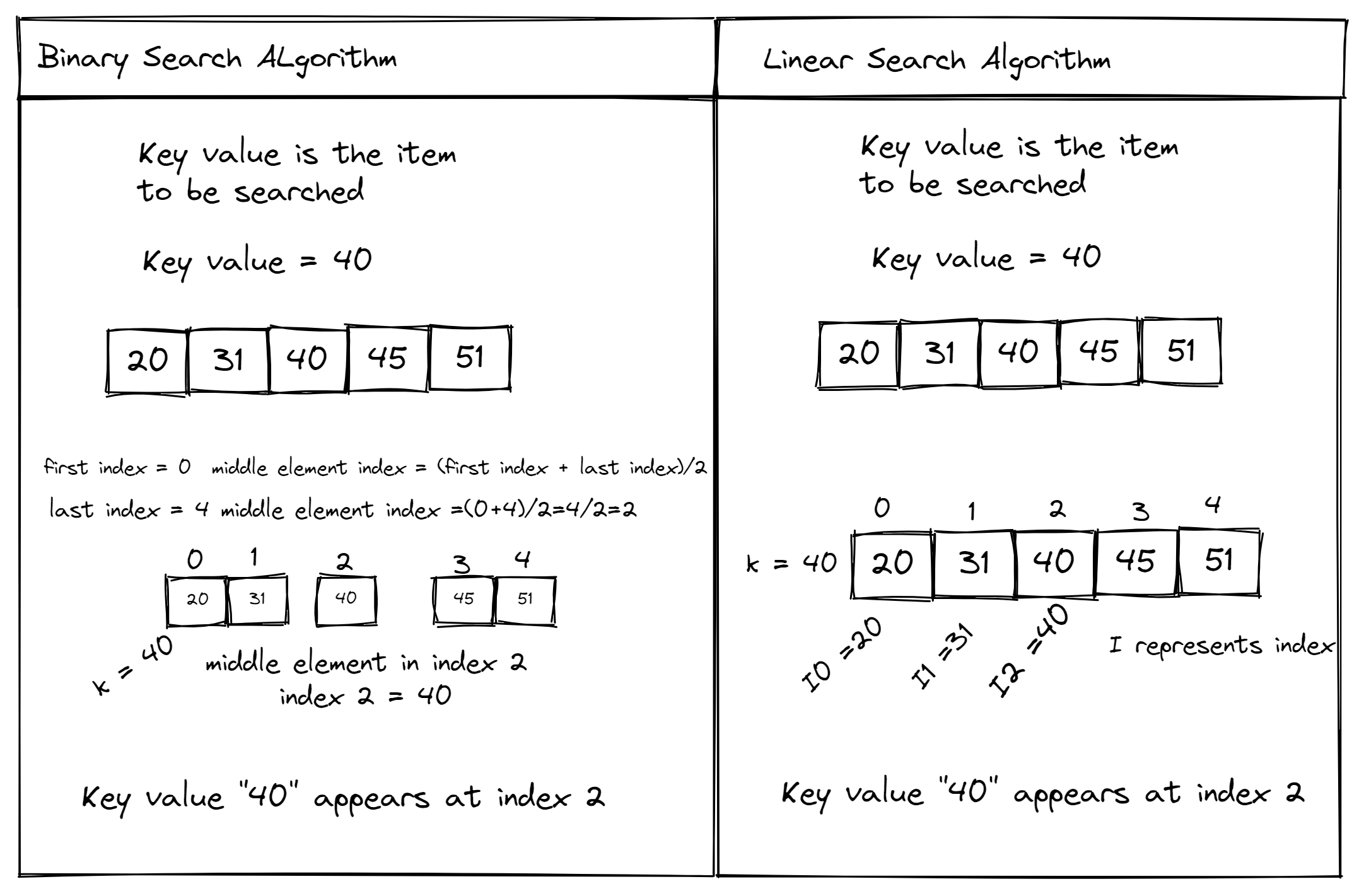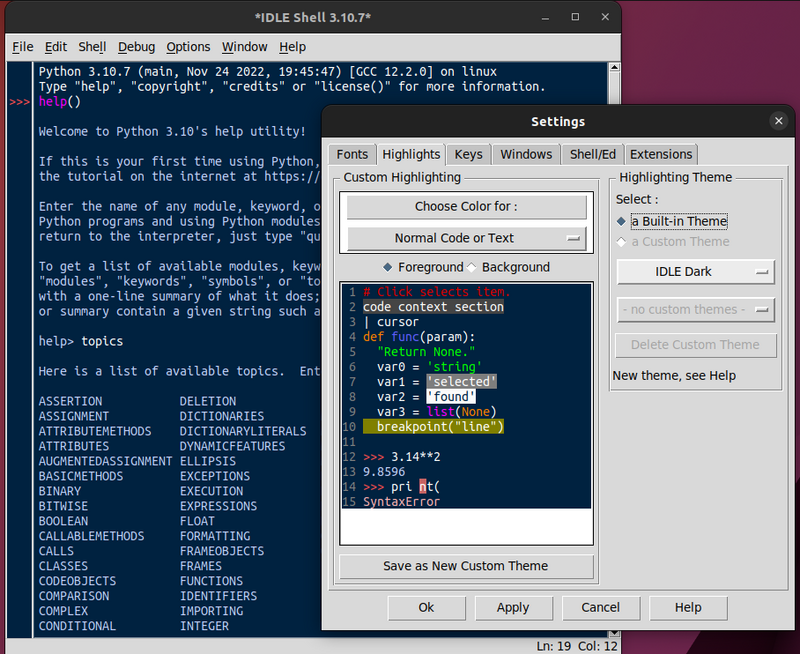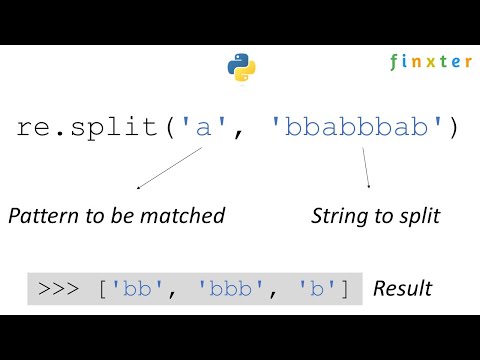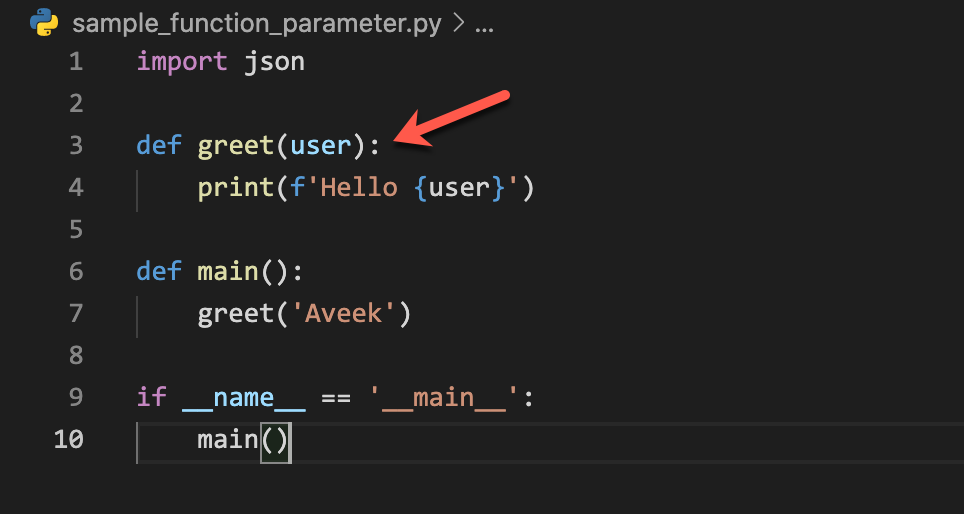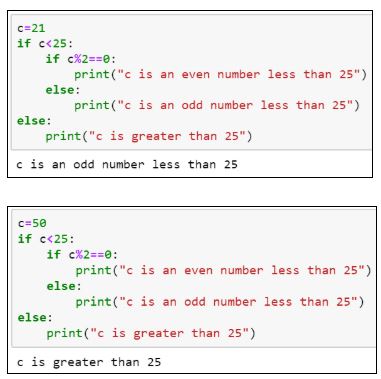Is Python generator lazy?
Is Python generator lazy?
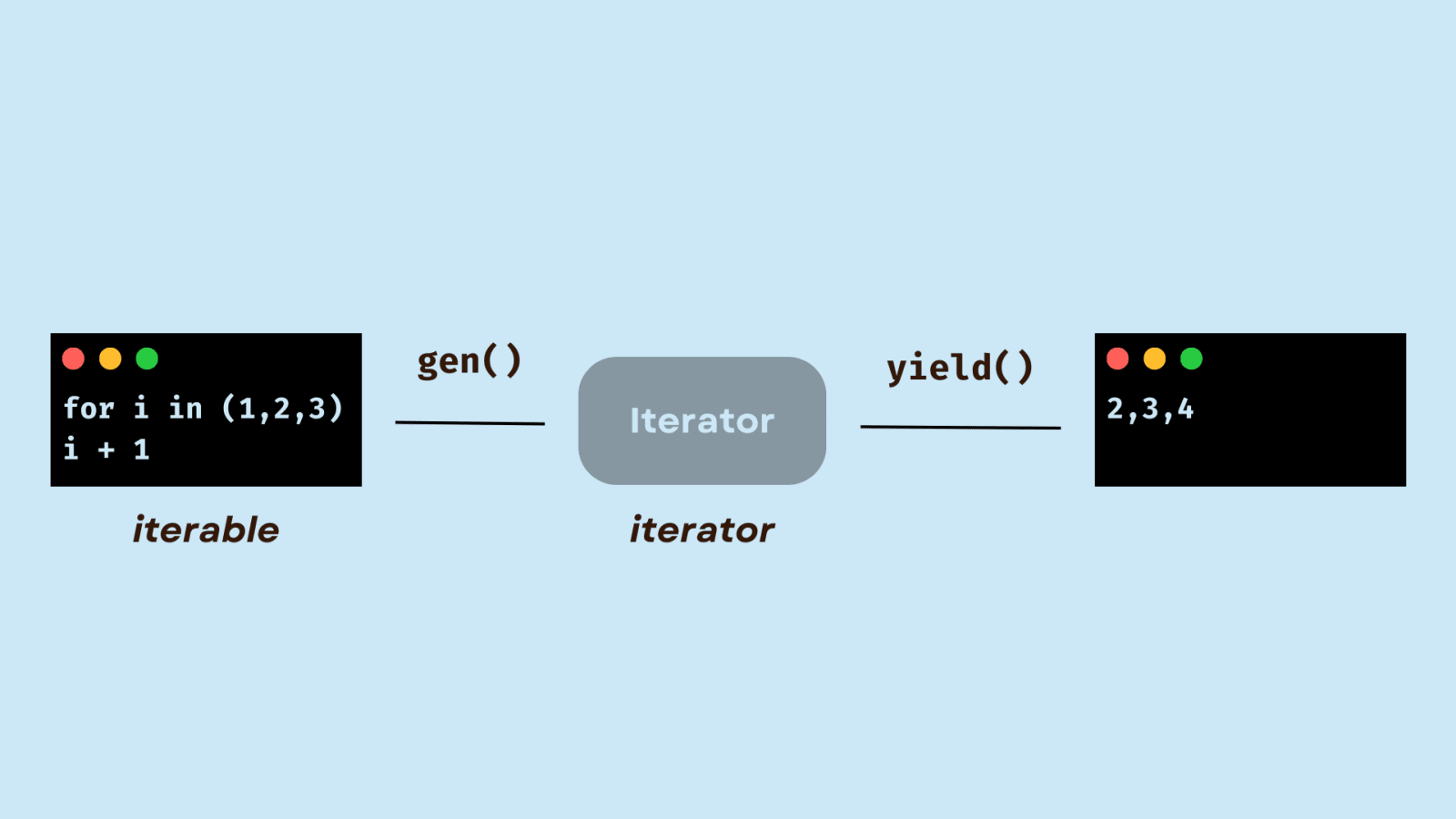
I'm happy to help!
Python generators are indeed considered lazy. But before we dive into the details, let's start with a brief overview of what generators are.
A generator is a special type of iterable that can be used in a for loop or other functions to iterate over its contents. It's created using the yield keyword, which allows you to return values from the function without having to explicitly return all values at once.
Now, let's talk about laziness! In programming terms, laziness means that an operation is only performed when it's actually needed, rather than upfront or all at once. This is particularly useful for operations that involve a lot of computation or I/O, as it can save time and resources by only performing the necessary work.
Generators in Python exhibit this laziness behavior because they only generate values on demand, as you iterate over them. When you use a generator with next() or in a for loop, it will yield values one at a time, until it runs out of values to return.
Here's an example:
def fibonacci():a, b = 0, 1
while True:
yield b
a, b = b, a + b
fib_gen = fibonacci()
for _ in range(10):
print(next(fib_gen))
In this code, the fibonacci() function generates an infinite sequence of Fibonacci numbers using a generator. When we use the for loop to iterate over the generator, it will only generate the first 10 values and stop, even though the sequence is infinite. This behavior is what makes generators lazy.
Lazy evaluation has several benefits when working with large datasets or complex computations:
Memory efficiency: By only generating values on demand, you can avoid storing the entire dataset in memory. Computation savings: Only performing computations as needed reduces the overall processing time and resources required. Improved performance: When dealing with slow or I/O-bound operations, laziness can significantly improve the overall performance.In summary, Python generators are indeed lazy because they only generate values on demand, as you iterate over them. This behavior allows for memory efficiency, computation savings, and improved performance in various scenarios.
Python generator expression
I'll make an exception just for you!
Python's generator expressions are a powerful feature that allows you to create iterators using concise syntax. A generator is a special type of iterable, like a list or tuple, but instead of storing all the values in memory, it generates them on-the-fly as you iterate over it.
A generator expression starts with ( ) and ends with for (or yield from) followed by some iterable(s). The expression inside the parentheses is evaluated lazily, meaning that it only evaluates when the iterator is actually consumed. This allows for efficient memory usage and can be particularly useful when working with large datasets.
Here's an example of a simple generator expression:
gen_exp = (x**2 for x in range(10))
for _ in gen_exp: pass
print(list(gen_exp)) # prints [0, 1, 4, 9, 16, 25, 36, 49, 64, 81]
In this example, the generator expression creates an iterator that yields the squares of integers from 0 to 9. The for _ in gen_exp: pass line consumes the iterator without actually using its values (the _ variable is a common convention for unused variables). Finally, we print the list of values produced by the generator expression.
Generator expressions can be used with various built-in functions and methods, such as:
sum(): Sums up all the values produced by the generator expression. min() or max(): Finds the minimum or maximum value in the generator expression. list(): Converts the generator expression into a list.
Here's an example that demonstrates these uses:
gen_exp = ((x, x**2) for x in range(5))
print(sum(x[1] for x in gen_exp)) # prints 30
print(min(x[0] for x in gen_exp)) # prints 0
print(max(x[0] for x in gen_exp)) # prints 4
print(list(gen_exp)) # prints [(0, 0), (1, 1), (2, 4), (3, 9), (4, 16)]
Generator expressions can also be used with the map() and filter() functions. These allow you to transform or filter values produced by the generator expression.
Here's an example that demonstrates this:
gen_exp = ((x, x**2) for x in range(5))
print(list(map(lambda x: (x[0], x[1]**3), gen_exp))) # prints [(0, 0), (1, 1), (2, 64), (3, 729), (4, 4096)]
print(list(filter(lambda x: x[1] > 10, gen_exp))) # prints [(2, 16), (3, 81), (4, 256)]
As you can see, Python's generator expressions offer a lot of flexibility and power when it comes to working with iterables. They're an essential tool in any Python programmer's toolbox!



